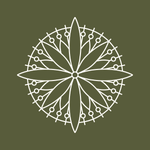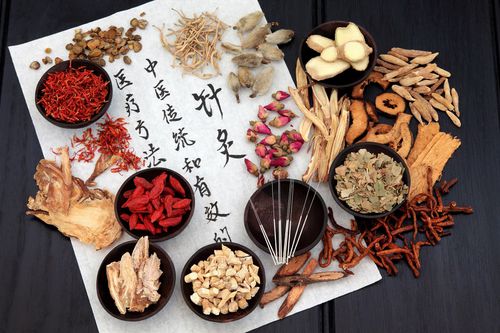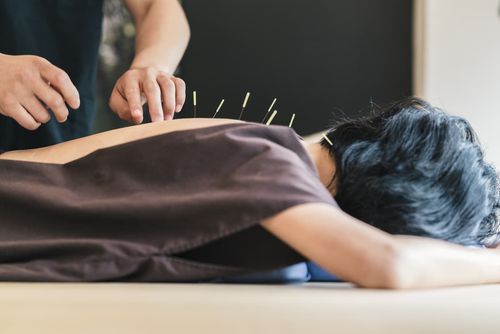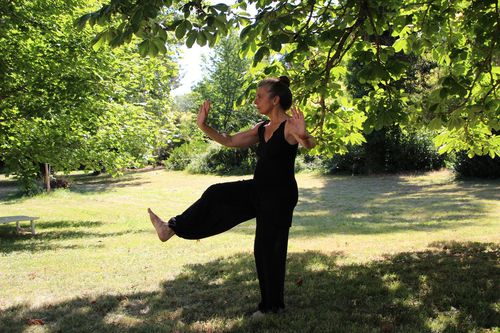What is Traditional Chinese Medicine (TCM)?
Traditional Chinese Medicine or TCM is an ancient system of medicine that is used to treat and prevent illnesses by balancing the body's yin and yang energies. It consists of eight branches, namely acupuncture, herbal medicine, Qigong, cupping, Feng Shui, Tai Chi, Chinese massage or Tui Na, and nutrition.
A qualified TCM practitioner can treat a wide array of illnesses, following a holistic approach which is grounded in the principle of healing the mind, body and spirit. This modality addresses chronic pain, infertility, digestive issues, neurological disorders, insomnia, anxiety, depression and migraines, among many others.
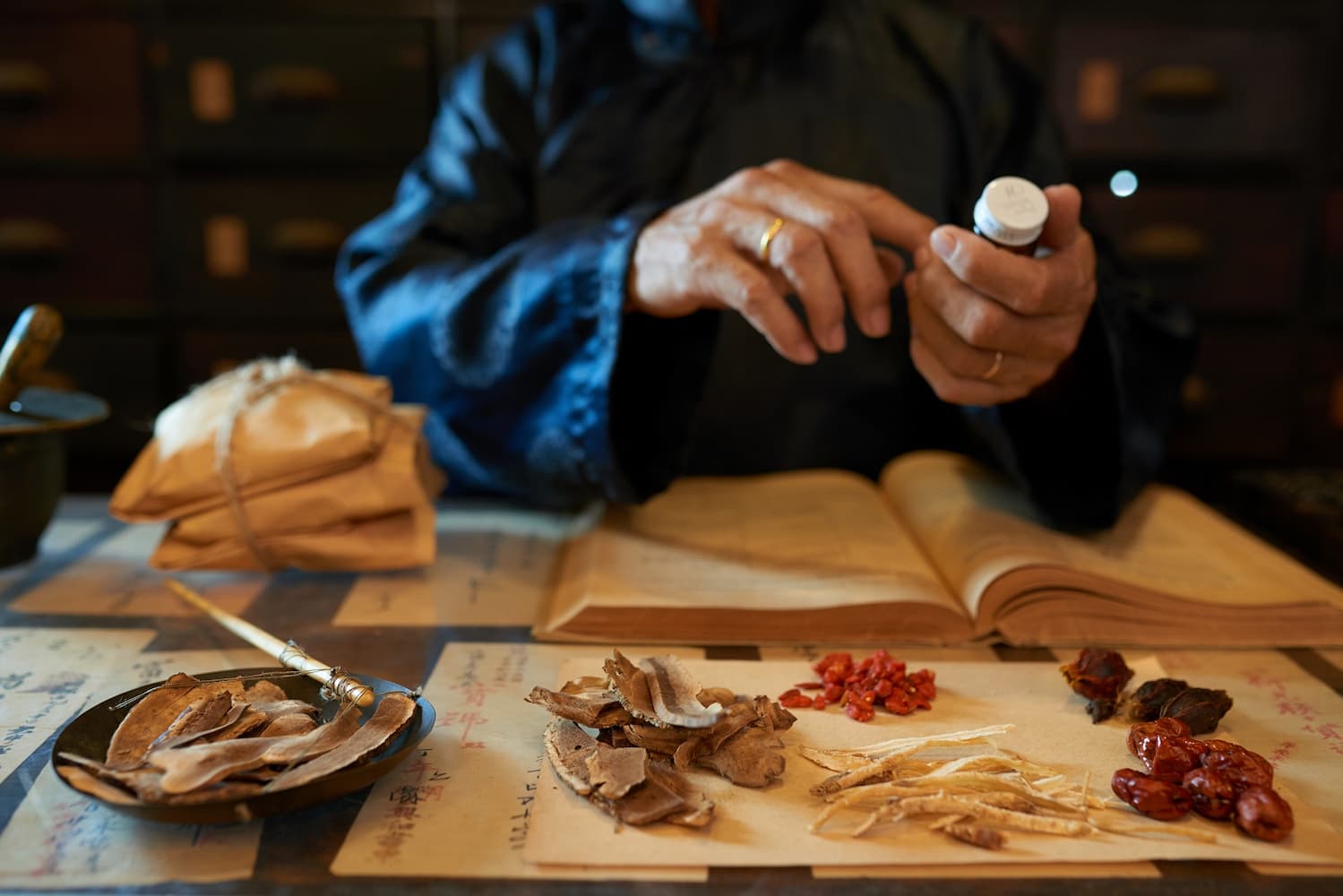
Why Study Traditional Chinese Medicine (TCM)?
Studying traditional Chinese medicine takes you back to the main roots of medicine, way before the first molecule of the first pharmaceutical drug was created. It will open your mind to the holistic ways of maintaining good health while paving the way to an exciting and lucrative career.
A qualified TCM practitioner has unlimited career opportunities. As one, you can work in a multidisciplinary clinic, in private practice, or get into the field of research and discover new chemical properties in plants which can be used to develop new remedies to support human health.
What Does It Take to Study Traditional Chinese Medicine (TCM) or Become a Practitioner of It?
It takes a high level of curiosity and enthusiasm to thrive in a TCM course. It covers a broad spectrum of healing modalities which may vary in application but follow the same principle. Maintaining an open mind is another important quality because it will enable you to grasp the correlation between the yin and yang equilibrium with optimal health.
Course and Study Options for Traditional Chinese Medicine (TCM)
A bachelor's degree program in traditional Chinese medicine is a comprehensive field of study that will educate you on the different branches of this modality, as well as provide you with the professional qualifications to flourish in this field. Once you have obtained your credentials, you can gain membership in the Australian Health Practitioners Regulation Agency (AHPRA) and work as a primary healthcare practitioner.
Suppose you're partial to a specific branch of TCM, you can enrol in a course that focuses on your choice of modality. Many schools that offer TCM programs allow their students to learn at their own pace, knowing that it's the best way they could appreciate and assimilate the lessons.
You can learn the ins and outs of acupuncture, herbal medicine, Feng Shui, Qigong, and a host of other TCM modalities by studying full-time, part-time, during the weekends, or by taking evening classes. As for learning style, you may opt for a traditional classroom setting, online learning or a blended approach that combines both platforms.
How to choose a School or Course in Traditional Chinese Medicine (TCM)
Whether you're looking to take a four-year program or a one-year diploma course, you'll find a list of qualified course providers at the top of this page which can provide you with the level of knowledge and training to accomplish your goals.
After comparing their offerings, take the time to speak to each learning institution's course adviser to find out more about their curriculum, background, accreditation and course fees. You also want to ask about the career paths which majority of their graduates pursued and succeeded in.
